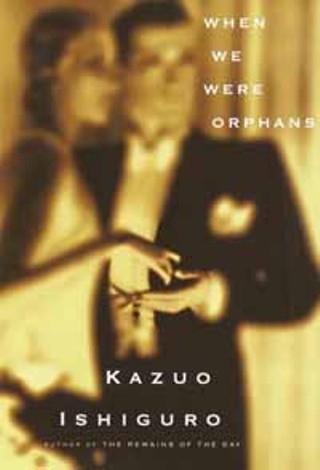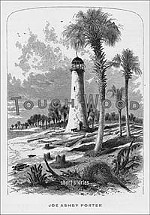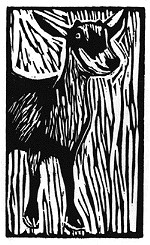When We Were Orphans
Reviewed by Martin Wilson, Fri., Sept. 29, 2000

When We Were Orphans
by Kazuo IshiguroKnopf, 342 pp., $25
Just over 10 years ago, esteemed British novelist Kazuo Ishiguro published the novel for which he is best-known, The Remains of the Day. It's a remarkable book, but not so much for its story, in which an English butler, Stevens, drives across the countryside reflecting on his life and career serving Lord Darlington. The shining achievement of The Remains of the Day is Stevens' delusional and oh-so-proper voice; he's so duty-bound that he can't see the moral deficits of Lord Darlington (chief among them his sympathies for the Nazis), and he's so emotionally repressed that he can't recognize and accept the love of his life until it's far too late.
In his new novel, Ishiguro has written a bizarre mystery story that is also a rumination on the limits and powers of memory. As the novel opens in London in 1930, Christopher Banks, the narrator, is an on-the-rise detective, earning fame from his sleuthing skills and swirling through London's social scene as a pseudo-celebrity. But one mystery has always eluded him: the disappearance of his parents 20 years earlier in Shanghai, when he was only nine years old, leaving him an orphan. Eventually, of course, he returns to Shanghai to attempt to solve the mystery once and for all. There, while the Sino-Japanese war rages and the Chinese factions fight against one another, Banks works to put these very personal concerns to rest.
Banks is much like The Remains of the Day's Stevens; both men speak in crisp, stodgy voices, and they are both, the reader comes to realize, unreliable narrators. While their unreliability enriches the tragic Stevens, Banks is a less successful and more frustrating creation. Ishiguro, through Banks, may be placing us inside the head of a slightly delusional man walking through a somewhat off-kilter China, a man who causes the reader to question if what he says and sees is to be trusted. Yet bumping up against
this subtle surrealism is undeniable realism, and the games Ishiguro seems to be playing in the novel are irritating rather than compelling; he has his cake (the playful surrealism), but he wants to eat it too (the hard-nosed realism). It's as if Ishiguro wanted to write a detective story, with its suspense and intrigue, but ultimately felt the genre too lowbrow and thus tried to turn the novel into some multilayered experiment. A noble effort, perhaps, but a failed one. And no matter what narrative tricks Ishiguro is attempting, Banks still comes across as a stuffy, self-absorbed, and condescending ingrate.
While it's not fair to fault Ishiguro for not writing something as brilliant as The Remains of the Day, it is quite fair to say that this book is a disappointment.










